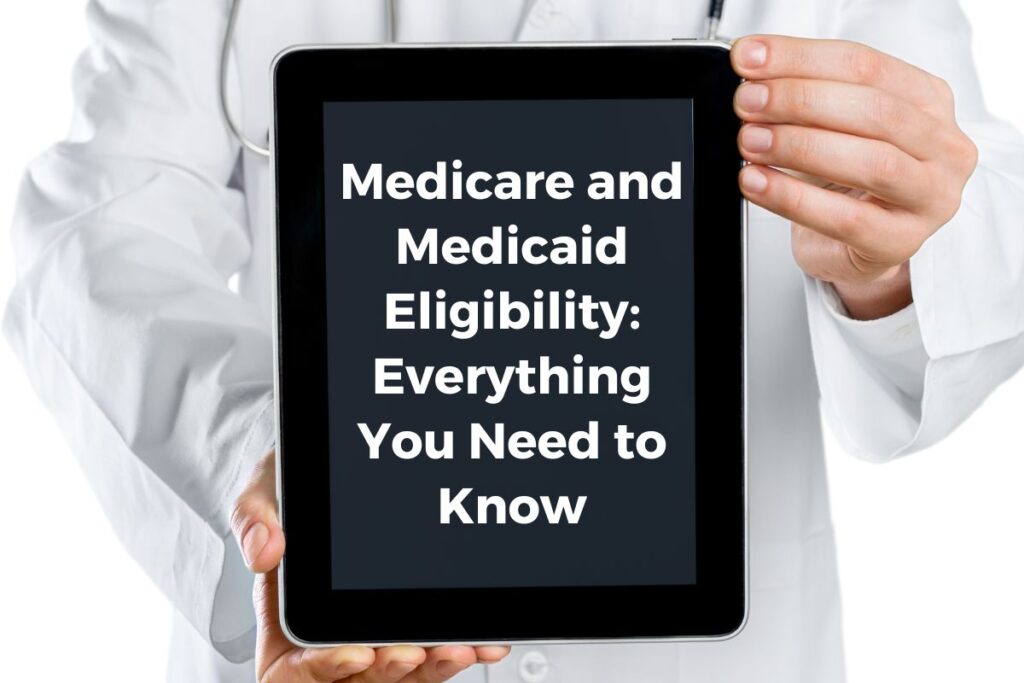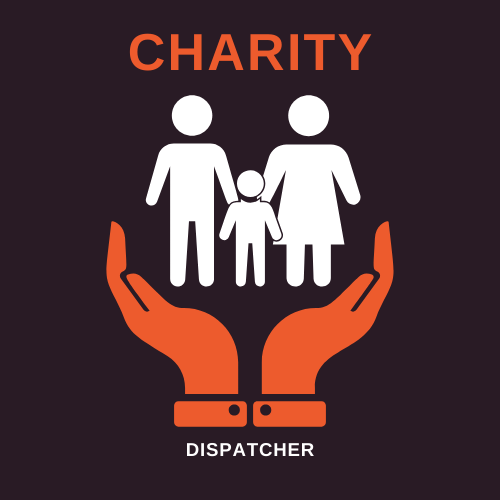Government of America offer various kinds of health insurance programs, here two of them are Medicare and Medicaid. Medicaid is available in all states, though each one has its own requirements for eligibility and details of coverage. Medicaid can cover expenses that Medicare coverage does not, even though Medicare is the main payer for medical needs. Medicare is a national government program with uniform regulations. You can get Medicare Eligibility 2024 from Social Security office of your area. States manage Medicaid, and each has its own set of regulations.
You can get Medicaid information by contacting the social services, welfare, or department of human services office in the area you live in. Medicaid pays the remaining amounts, including copays and other unpaid expenses. You may be eligible for one of four Medicare Savings programs, the Qualified Medicare Beneficiary (QMB) program, if you meet the requirements for both Medicaid and Medicare. You will get assistance with Part A and Part B premiums, coinsurance, and deductibles through the QMB program. Now you can check this article to get to know more on Medicare and Medicaid Eligibility 2024.
Medicare and Medicaid Eligibility
Anyone gets confused between the terms “Medicare” and “Medicaid” due to their similarity. To remove the confusion, both are government-run initiatives that assist individuals in covering medical expenses. The Medicaid and Medicare programs are quite dissimilar. Medicaid is a federal program established by the federal government and implemented in each state differently, aimed at helping low-income individuals without health insurance. In order to address the high medical expenses that older adults incur in comparison to the general population particularly problematic considering their decreased purchasing power, Medicare was established.
However, Medicare eligibility is not dependent on a person’s need. It is actually a “entitlement program. because you or your spouse used FICA taxes to pay for it, you are entitled to it. You can be eligible for Medicare and Medicaid, but you have to fulfill certain conditions for each program to get the coverage. It’s not a given that you can participate in both programs if you qualify for one. Medicaid often uses a Medicare Savings Program to cover your Medicare deductibles, premiums, and copayments if you are eligible for both.
"Search Here"
Medicare vs. Medicaid

Medicare
Medicare is a government insurance program that uses contributions from participants to help cover medical expenses. It covers those 65 years of age and above, individuals under 65 with certain impairments, patients with end-stage renal disease, and other diseases needing dialysis. Often, participants cover a portion of the expenses.
Who is eligible for Medicare
- You or your spouse must be 65 years of age or older and have completed at least 40 quarters, or 10 years, of employment that qualifies for Medicare.
- You or your spouse have worked 30–39 quarters in employment that qualifies for Medicare, and you are 65 years of age or older.
- You or your spouse have worked 0-29 quarters in Medicare-covered employment and are 65 years of age or older. It is necessary for you to voluntarily join and pay the entire monthly Part A cost.
- If your income and asset levels qualify, low-income programs may be able to assist you in paying these premiums.
- You have received disability benefits from Railroad Retirement or Social Security Disability Insurance (SSDI) for a minimum of 24 months and are under 65 years of age.
- You have a Lou Gehrig’s illness, often known as ALS.
- You need dialysis or a kidney transplant because you have ESRD, which is permanent kidney failure.
Medicaid
Federal and state organizations work together to deliver Medicaid, an assistance program. For qualified individuals with low incomes and resources, it assists with medical costs.
Who is eligible for Medicaid
States have different Medicaid requirements and eligibility. Medicaid recipients often have access to long-term services, mental health treatment, prescription drugs, prenatal and maternity care, doctor visits, hospital stays, vision and dental care for children, and preventative care.
Difference between both programs
People are always confused between Medicare and Medicaid. Even though they are both managed by the government, these two different categories are often served by them:
- Anybody over 65 and some younger people with specific impairments can receive health coverage under Medicare, regardless of their income level.
- Medicaid offers health insurance to those with low incomes.
What does dual eligibility mean?
Dual eligibility is applicable for an individual who is eligible for both Medicaid and Medicare. If you are dual eligible, the Medicaid and Medicare programs will collaborate to meet your requirements. Most of Medicare-eligible healthcare services are covered by Medicare, which will often be your primary coverage. Medicaid is the supplementary plan that usually pays for medical expenses that Medicare either does not cover or just partially pays.
Are you dual eligible?
Certain individuals may equally qualify for Medicaid and Medicare. Individual who is eligible for both the program is known as dual-eligible beneficiaries. The state-run Medicare Savings Programs (MSP), which aid with premiums, deductibles, coinsurance, and copayments according on the participant’s income level and the particular MSP, split expenses with dual eligible individuals. There are programs in which qualified participants would not be required to pay copayments or split costs.
"Search Here"

